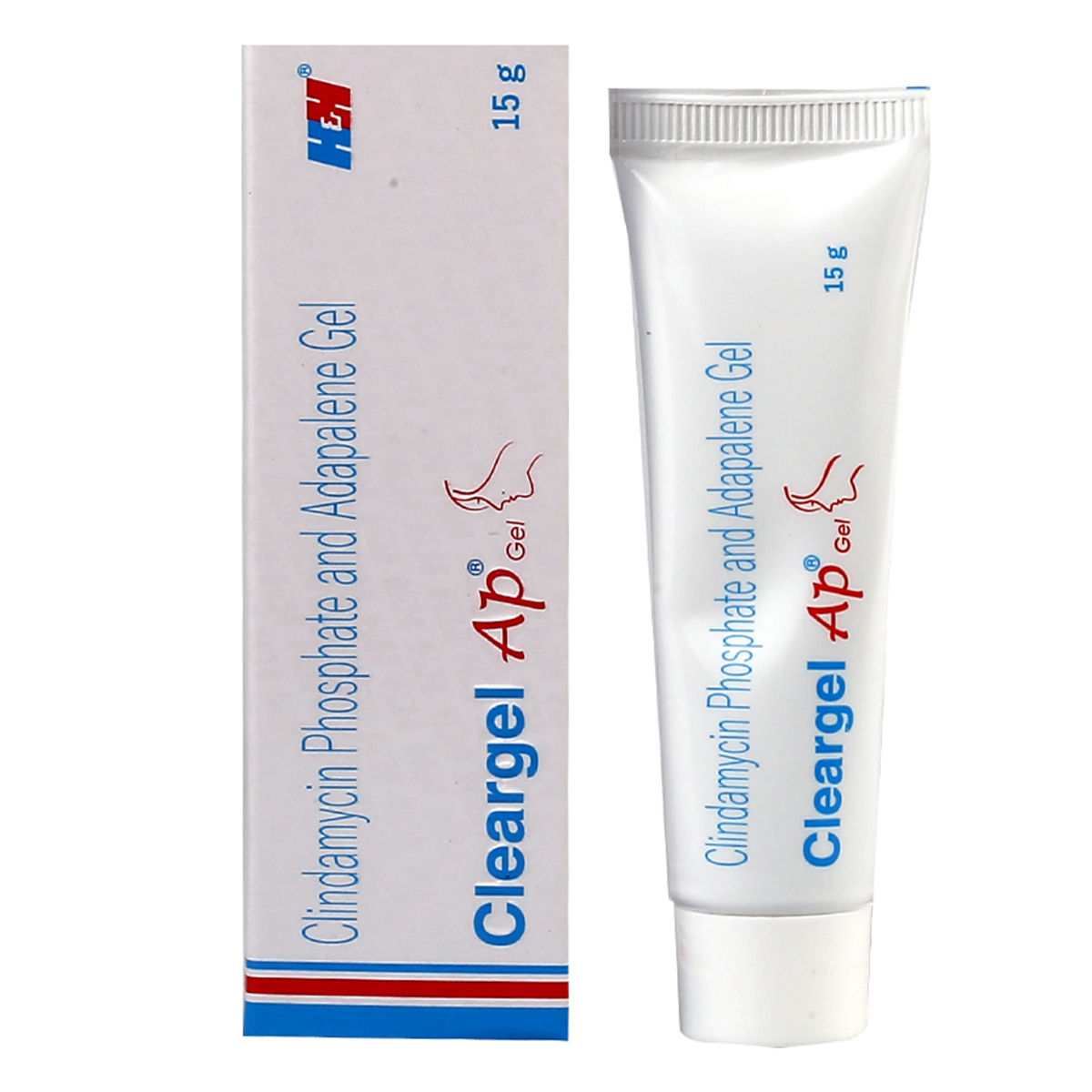- Home
- Health Condition
Medicine For Acne
Medicine For Acne
- Total Items (834)

Hexilak Acne Scar Serum 15 gm
₹792
MRP ₹880
10% off

Revize Micro 0.04% Gel 20 gm
₹237.60
MRP ₹270
12% off
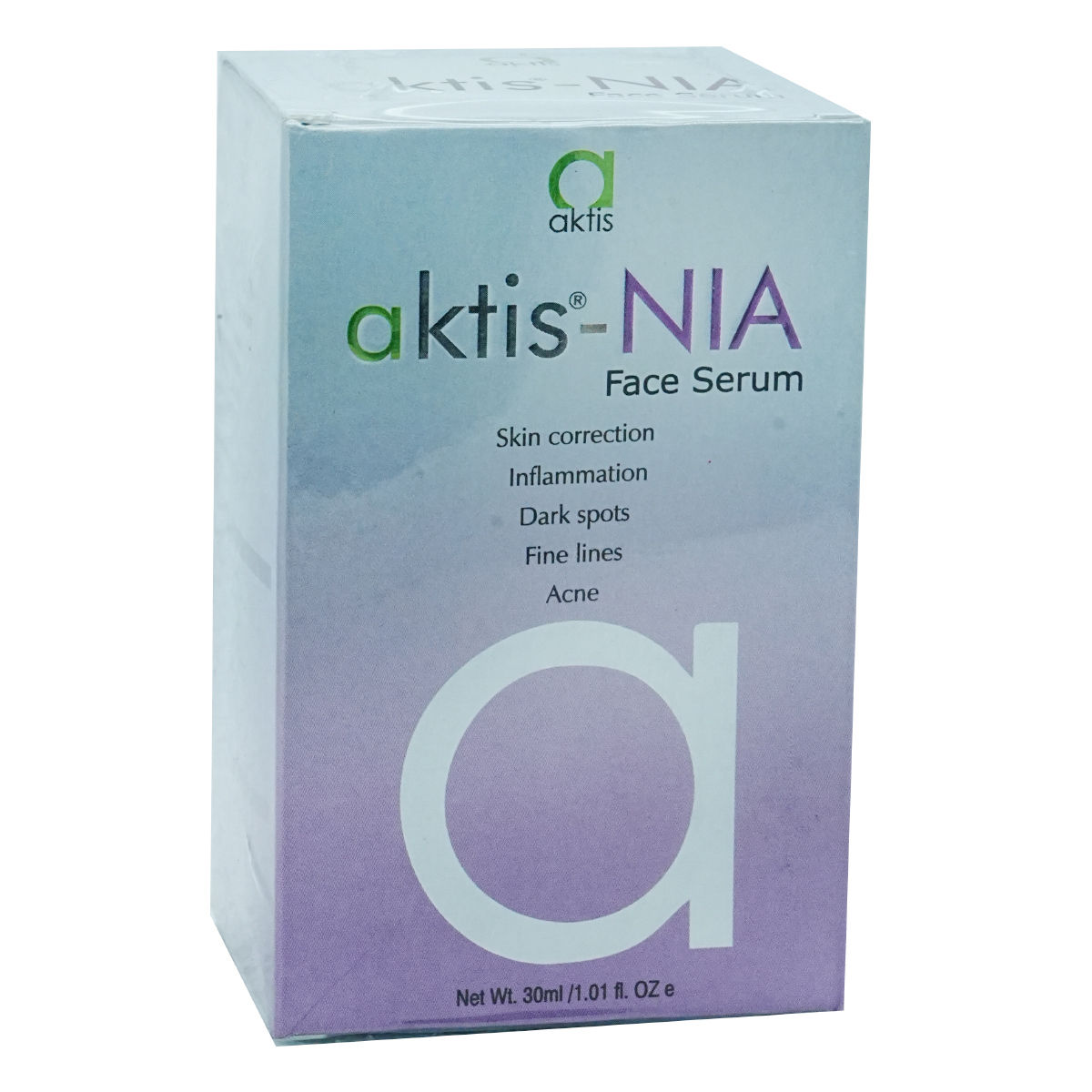
Aktis-Nia Face Serum 30 ml
₹801
MRP ₹890
10% off
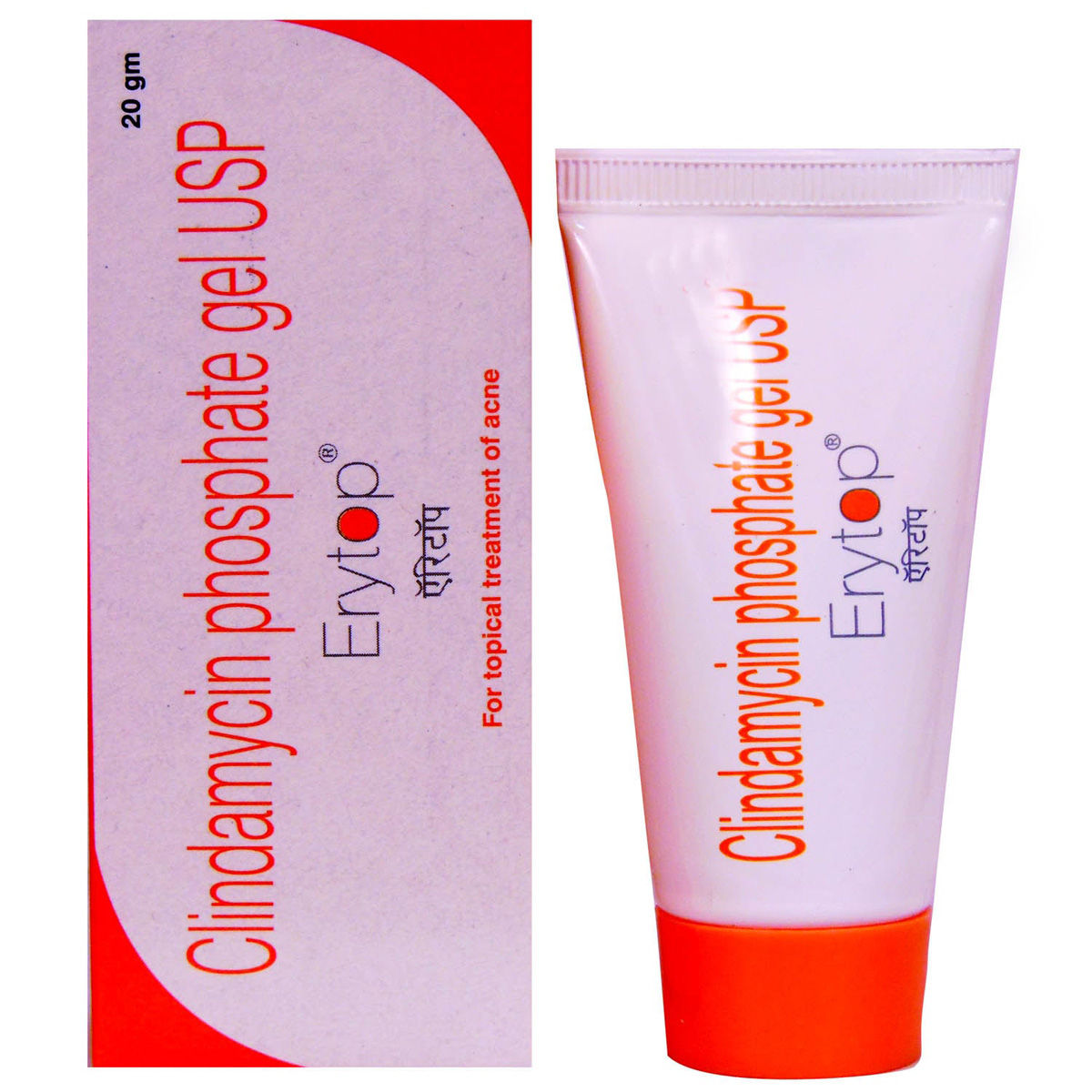 RX
RXErytop Gel 20 gm | Clindamycin | For Treatment Of Acne & Pimple
₹188.40
MRP ₹214
12% off
 RX
RXMinoz-BPO Gel 15 gm
₹405
MRP ₹450
10% off
 RX
RXPicspot Gel 15 gm
₹295.70
MRP ₹328.50
10% off

Fixderma Salyzap-Az Body Spray 100 Ml
₹760.50
MRP ₹845
10% off
 RX
RXTretiva 10 Capsule 10's
₹162
MRP ₹180
10% off

Zitmoist Gel 50 gm
₹356.40
MRP ₹405
12% off
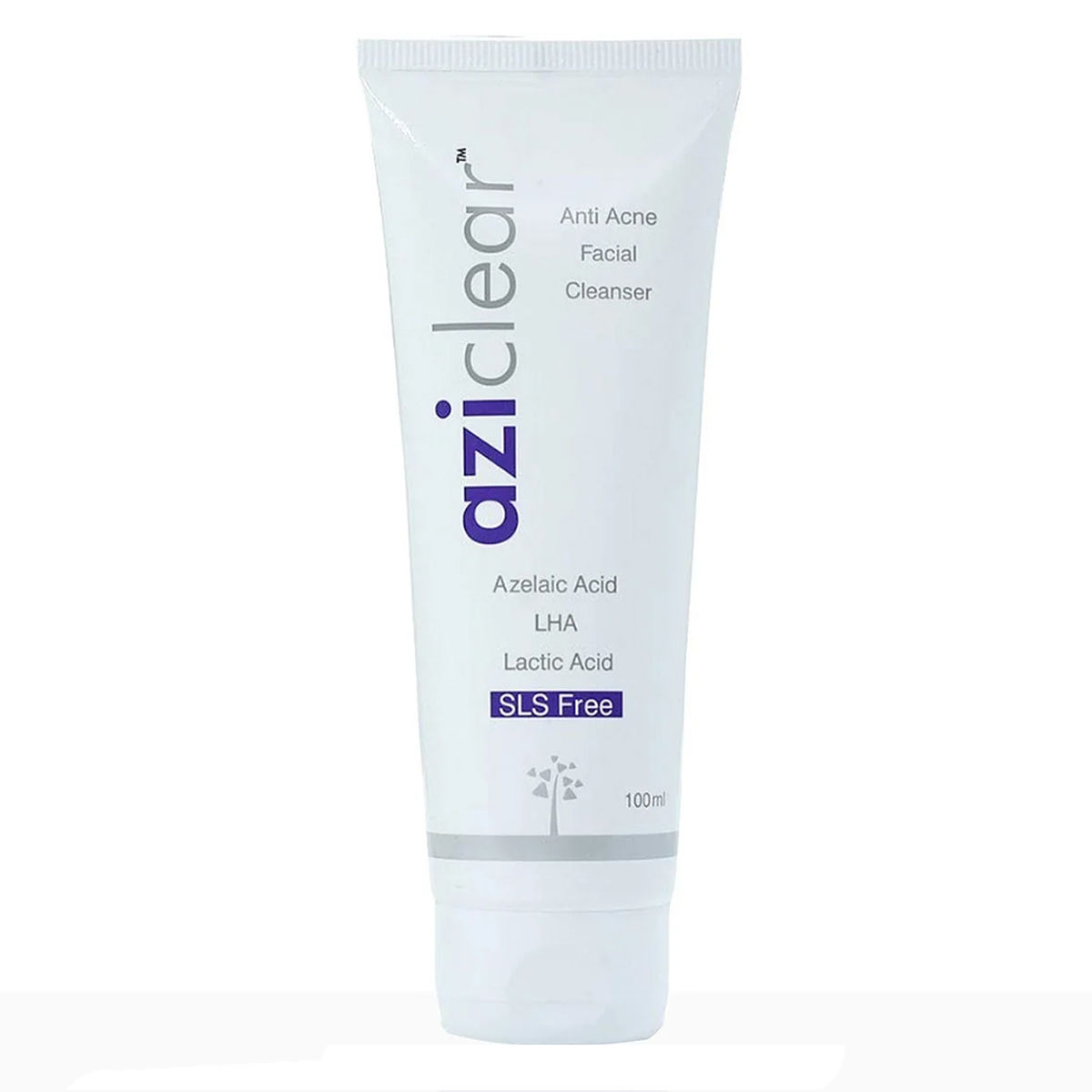
Aziclear Cleanser 100 ml
₹621
MRP ₹690
10% off
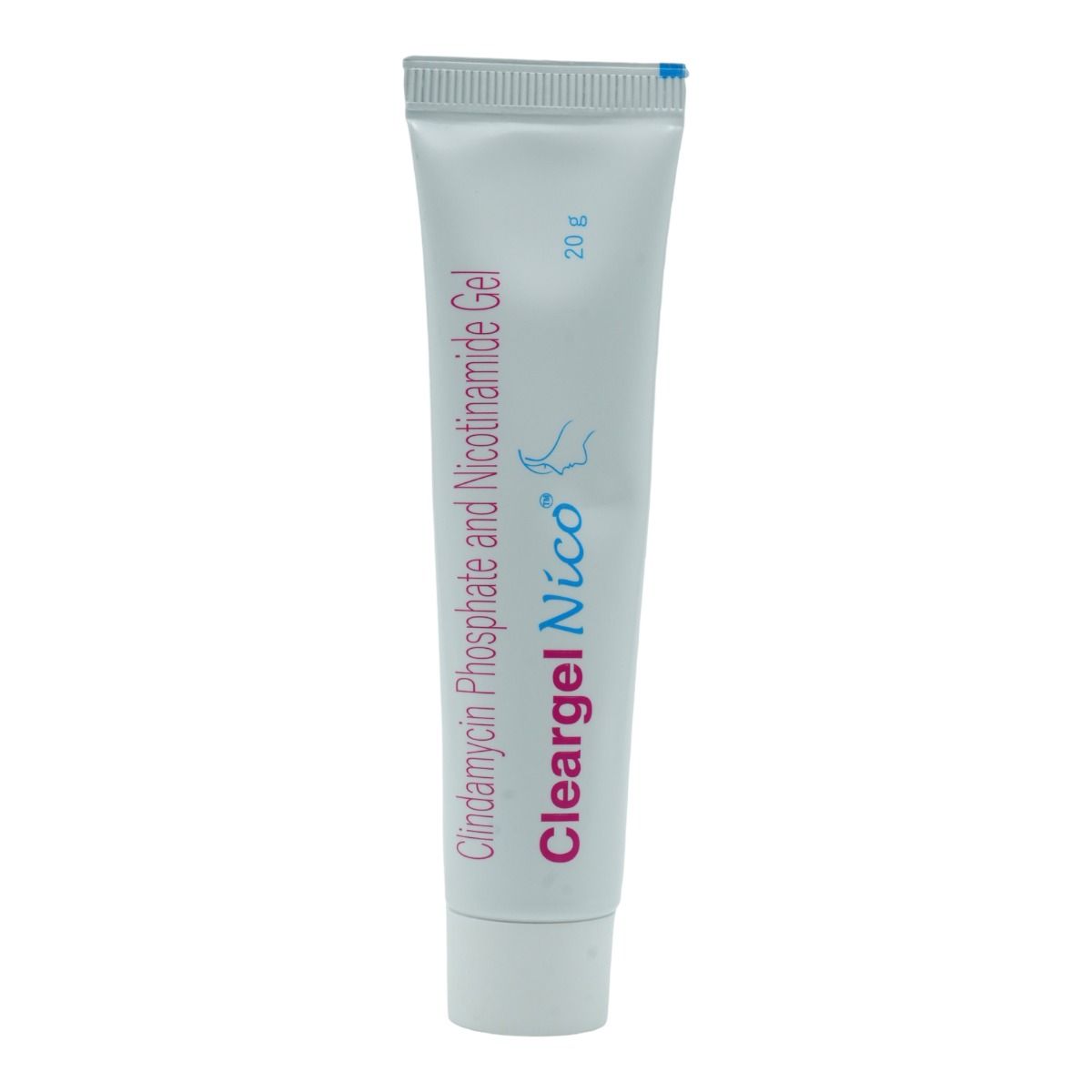 RX
RXCleargel Nico Gel 20 gm
₹175.50
MRP ₹195
10% off
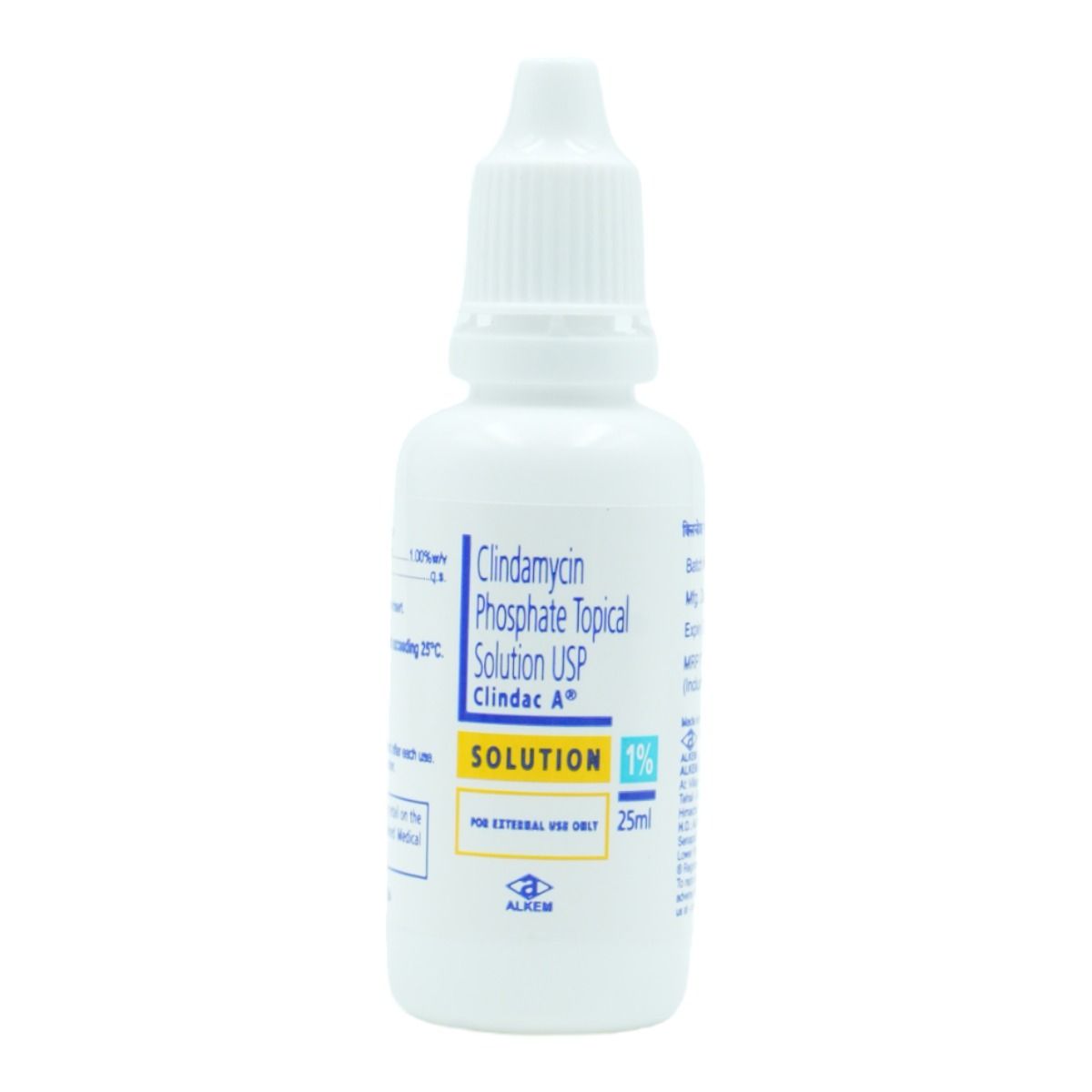 RX
RXClindac A Solution 25 ml
₹282.60
MRP ₹314
10% off
 RX
RXGlocin Gel 30 gm
₹173.40
MRP ₹197
12% off
 RX
RXSebumclear N Gel 50 gm
₹416.70
MRP ₹463
10% off
 RX
RXTriclear-N Gel 20 gm
₹405
MRP ₹450
10% off

Acnelissa Face Wash 60 gm
₹391.50
MRP ₹435
10% off
 RX
RXIsotroin-30 Capsule 10's
₹329.40
MRP ₹366
10% off
Medicine for Acne
Acne is one of the most common skin conditions, affecting individuals of all ages, though it is particularly prevalent during adolescence. It occurs when hair follicles are clogged with oil, dead skin cells, and sometimes bacteria, resulting in the development of pimples, blackheads, or cysts. While acne is often considered a cosmetic concern, it can cause significant emotional distress and impact self-esteem. Numerous treatments can help manage and reduce the severity of acne, making it easier for patients to regain clear skin and boost their confidence.
Types of Medicines Used for Acne
Medicine for acne treatment typically involves topical, oral, or a combination of both. These treatments aim to reduce inflammation, control excess oil production, kill bacteria, and prevent the formation of new pimples. The primary categories of medicines used for acne include:
1.Topical Treatments
- Topical Retinoids: These are vitamin A derivatives that help unclog pores and reduce inflammation. Retinoids, such as adapalene and tretinoin, are commonly prescribed for mild to moderate acne. They promote skin cell turnover and prevent the formation of new comedones (blocked pores).
- Topical Antibiotics: These medications, such as clindamycin and erythromycin, are applied directly to the skin. They target acne-causing bacteria and help reduce inflammation.
- Benzoyl Peroxide: It is a powerful antibacterial agent often used with other treatments. It kills acne-causing bacteria and dries out excess oil, reducing the number of breakouts.
- Salicylic Acid: A common ingredient in many over-the-counter acne treatments, salicylic acid helps exfoliate the skin and clear clogged pores, making it a popular choice for mild acne.
2.Oral Medications
- Oral Antibiotics: For more severe acne, doctors may prescribe antibiotics such as doxycycline, minocycline, or tetracycline. These medications help reduce the number of bacteria on the skin and decrease inflammation.
- Oral Contraceptives: In some cases, particularly for women, birth control pills may be prescribed to regulate hormones that can trigger acne. These pills reduce androgen levels, which can decrease sebum production.
- Oral Retinoids (Isotretinoin): Isotretinoin may be prescribed for severe cystic acne that doesn’t respond to other treatments. This potent medication reduces oil production, prevents clogged pores, and decreases inflammation. However, isotretinoin has serious side effects and is typically considered a last-resort option.
3.Other Treatments
- Azelaic Acid: It is a topical medication with antibacterial and anti-inflammatory properties. It helps treat acne and pigmentation issues, such as post-acne scars.
- Sulfur: Sulfur-based topical treatments can help reduce oiliness and prevent pores from clogging. Though not as widely used as other treatments, sulfur may benefit those with mild acne.
Benefits of Using Acne Medicines
The primary benefit of using medicine for acne is to improve the appearance and health of your skin. The specific advantages of different treatments include:
- Reduction in Acne Lesions: Acne medications prevent the formation of new acne lesions, reduce the number of existing pimples, and help to heal scars from previous breakouts.
- Preventing Scarring: Medication effectively controls acne, helping prevent the formation of scars, which can be long-lasting and emotionally distressing.
- Decreased Inflammation: Many acne treatments have anti-inflammatory properties, which help to calm the redness and swelling associated with inflamed acne lesions.
- Improved Skin Texture and Tone: Topical treatments like retinoids and salicylic acid help exfoliate the skin, encouraging the growth of new skin cells and improving overall skin texture.
- Convenience of Treatment: Many topical and oral acne medications are easy to incorporate into your daily routine. With consistent use, patients can experience significant improvement in their skin’s appearance.
Dosage & Usage Instructions for Acne Medicines
1.Topical Treatments:
- Cleanse the affected area with a mild cleanser before applying topical treatments. Apply a thin layer of medication, avoiding the eyes, mouth, and broken skin.
- To prevent irritation, retinoids and benzoyl peroxide should be introduced gradually into your skincare routine, starting every other day.
- Use sunscreen during the day when using topical acne medications, as they can increase sensitivity to the sun.
2.Oral Medications:
- Oral antibiotics should be taken as prescribed by your doctor. They are typically taken once or twice daily, with food or a full glass of water, to reduce the risk of stomach upset.
- Oral contraceptives and isotretinoin should be taken according to your doctor’s instructions, with regular follow-up visits to monitor for side effects.
Maintenance and Follow-up: - Even when acne clears up, patients should continue with a maintenance routine. For instance, using a mild topical treatment or oral medication occasionally can help prevent new breakouts from forming.
- Patients on oral isotretinoin need regular blood tests to monitor liver function and other potential side effects.
Buy Medicines for Acne or Acne Medicines Online at Apollo 24|7
For those looking to purchase acne medications online, Apollo 24|7 offers a variety of high-quality products from trusted brands. You can easily browse and order topical retinoids, benzoyl peroxide, oral antibiotics, and more. The platform provides fast and reliable delivery options, ensuring you receive your treatment promptly and with minimal hassle. With professional guidance, you can consult a doctor on the platform and accept prescriptions for the most suitable treatment for your acne.
Frequently asked questions
The best medicine depends on the severity of the acne. Topical treatments like benzoyl peroxide or salicylic acid can be effective for mild acne. For more severe cases, oral antibiotics or isotretinoin may be necessary. Always consult a healthcare provider to determine the most suitable treatment for you.
Visible improvement can take several weeks. Therefore, it’s essential to be patient and consistent with treatment. Expect some progress in 4-6 weeks for topical treatments, while oral medications may take longer.
Some acne treatments, particularly oral retinoids and certain antibiotics, can be harmful during pregnancy. It’s essential to consult your doctor before using any acne medication if you are pregnant or planning to become pregnant.
While diet alone may not cause acne, certain foods, such as dairy and high-glycemic foods, can exacerbate the condition in some individuals. Maintaining a balanced diet may help improve overall skin health.
Many acne medications, including benzoyl peroxide, salicylic acid, and sulfur, are available over the counter. However, more potent treatments, such as oral antibiotics or isotretinoin, require a prescription from a healthcare provider.





